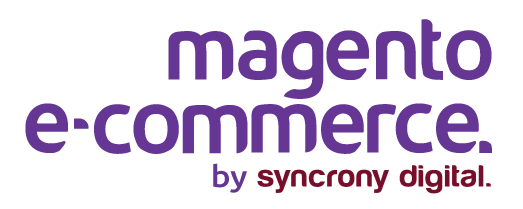5 Ways to Boost Online Sales While Lowering Ad Spend
SEO paper delivered at Magento Live in Sydney
Google Google Google
Online search is all about Google, which has dominated search in Australia for years and currently shows no sign of abating. Here is a striking example from Clicky, for 2016; it shows that Google has over 90% share of all Australian searches. (Similar data from other sources puts Google’s share at well over 80%)
Step 1: Get Your Basics Right
Make sure your Magento store is setup correctly for SEO. Do not simply rely on your site having the best possible settings for SEO. These settings are often neglected in the push to finalize product data and in the go-live frenzy.
Once your site is live, go back and check SEO settings.
Step 2: Implement Structured Data
Structured data speaks ‘search engine’, and spells out the main purpose of a web page to the search engine robots who regularly visit your site. Structured data is specified by Schema.Org, a collaboration between Google, Bing and Yahoo to provide a standard way to present data to search engines
Web pages that implement this kind of clear communication have a dramatic advantage because the search robot does not have to guess at the purpose of the page it is visiting. This saves time, prevents confusion and enhances the perceived value of any of your pages.
Step 3: AMP Your Product Pages
Early adoption of Accelerated Mobile Pages presents an opportunity to boost mobile sales with instant page load.
An AMP page is constructed using a special lightweight subset of HTML, with its own AMP JavaScript library. A valid AMP web page can be submitted to Google’s free (CDN) content delivery network that will then allow the cached AMP page to load almost instantly on a mobile device.
Step 4: REALLY Understand Rel=Canonical
A recent survey of large ecommerce websites in the USA showed that 25% of these sites are implementing canonical tags in potentially damaging ways. Up to 50% of these sites are using canonical and related tags improperly.
Step 5: Leverage Local Search
Here are some points that make local search different to normal search; according to Google research:
- Over 70% of all search activity is related to local searches
- 50% of mobile searches with local intent lead to store visits within a 24 hour period
To be clear: Local search happens when users search for products & services using geographically constrained phrases.
For example: ‘electronics Sydney’
Presentation Slide Pack: Click here to view
